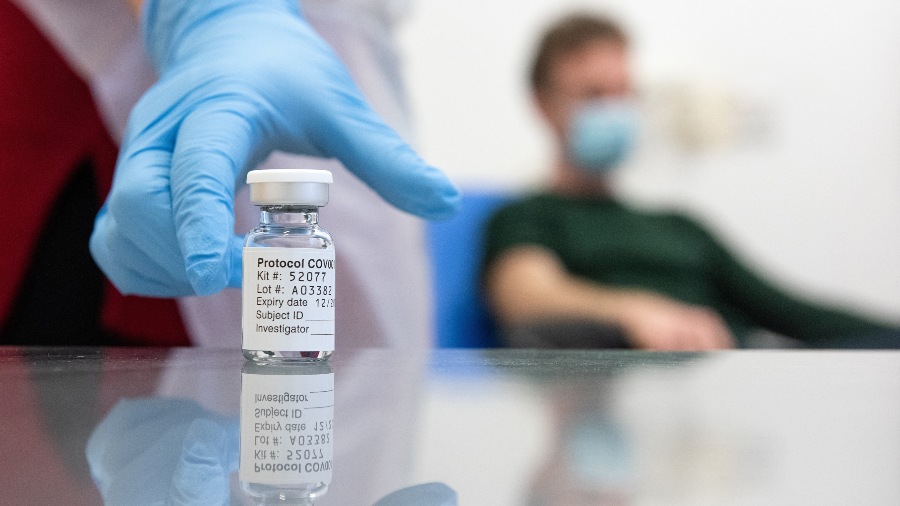
Iván Solano Leiva, infectologist and member of the Advisory Committee on Immunization Practices, confirmed that the Government is already managing the cover of the Pfizer medication for the first months of 2021
The company AstraZeneca, with which the Government of El Salvador has an agreement for the delivery of two million doses, has yet to conduct additional studies to verify the operation and effectiveness of its vaccine against COVID-19, so it seems “It is impossible that we will have it in El Salvador in the first quarter of the year,” explained this Wednesday the infectologist Iván Solano Leiva, in an interview with Canal 33.
Applying AstraZeneca in the first quarter of 2021 was an announcement made by the President of the Republic, Nayib Bukele, last November, although the president explained that this agreement was subject to the company completing clinical trials in thousands of patients.
SEE ALSO: Government should report on risks and benefits of COVID-19 vaccines
Specialist Solano Leiva confirmed that, as a member of the Advisory Committee on Immunization Practices (CAPI) working with the Ministry of Health, he is aware that last Wednesday the technical approval was given to the Salvadoran government so that it can apply the Pfizer BionTech vaccine to the country, as Dr. Milton Brizuela, president of the Medical College, had advanced in today’s newspaper.
The situation of delay that AstraZeneca is going through has led the Government to negotiate with BionTech Pfizer, said Solano Leiva, adding that “this is more likely that we can have it in the first quarter of 2021”, as expected l ‘Executive but with the British-Swedish medication with which he had already negotiated.
So far, the government has not made public the sums involved in buying any of these vaccines, and has only announced that their application in the country will not have an extra cost to the population, and everyone will be able to decide whether to accept or not the injection.
The Pfizer-BioNTech vaccine is already being distributed and applied in European countries, and one of the main remains to transport and store it is that it must be kept at a temperature of -70 degrees Celsius, so a “cold chain” so it doesn’t get damaged.
SEE ALSO: Medical College: Government agrees with Pfizer to apply this vaccine to El Salvador
All this is already contemplated in the talks between the company and the Government, said Solano Leiva. “Pfizer will be responsible for providing all the logistics, transport and monitoring of the cold chain, which with this vaccine is quite difficult, even storage in our country,” he explained.
The infectologist stressed that the vaccine, as is happening in other countries, would not be available to the entire population from the outset, but would give priority to front-line health personnel, the older adults and people with chronic illnesses who are more vulnerable to infection. “
The government plans to buy two million doses of the Pfizer vaccine, and within this logistics would cover 750,000 people who fall within this priority group, “added Solano Leiva.
Dr. Alfonso Rosales, also an infectious disease doctor and international consultant, added in the same interview that citizens can have confidence in this vaccine, as studies show that it is quite safe.
“All vaccines have side effects, but for now, both Pfizer and Moderna are behaving as expected, there is no need to be afraid to take them, they are equally safe,” he said. added that studies indicate that only cases of serious effects occur in proportion of “one in a million.”